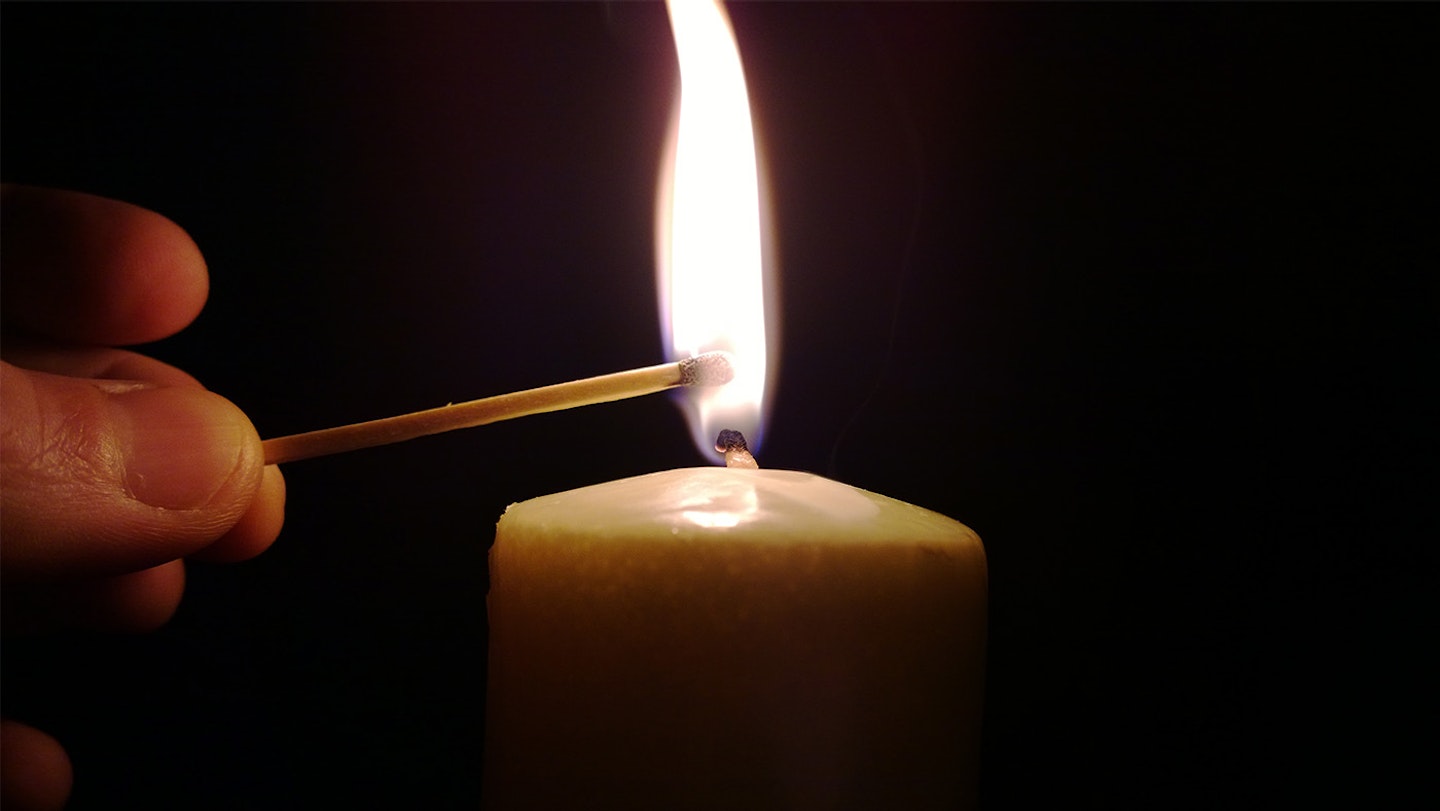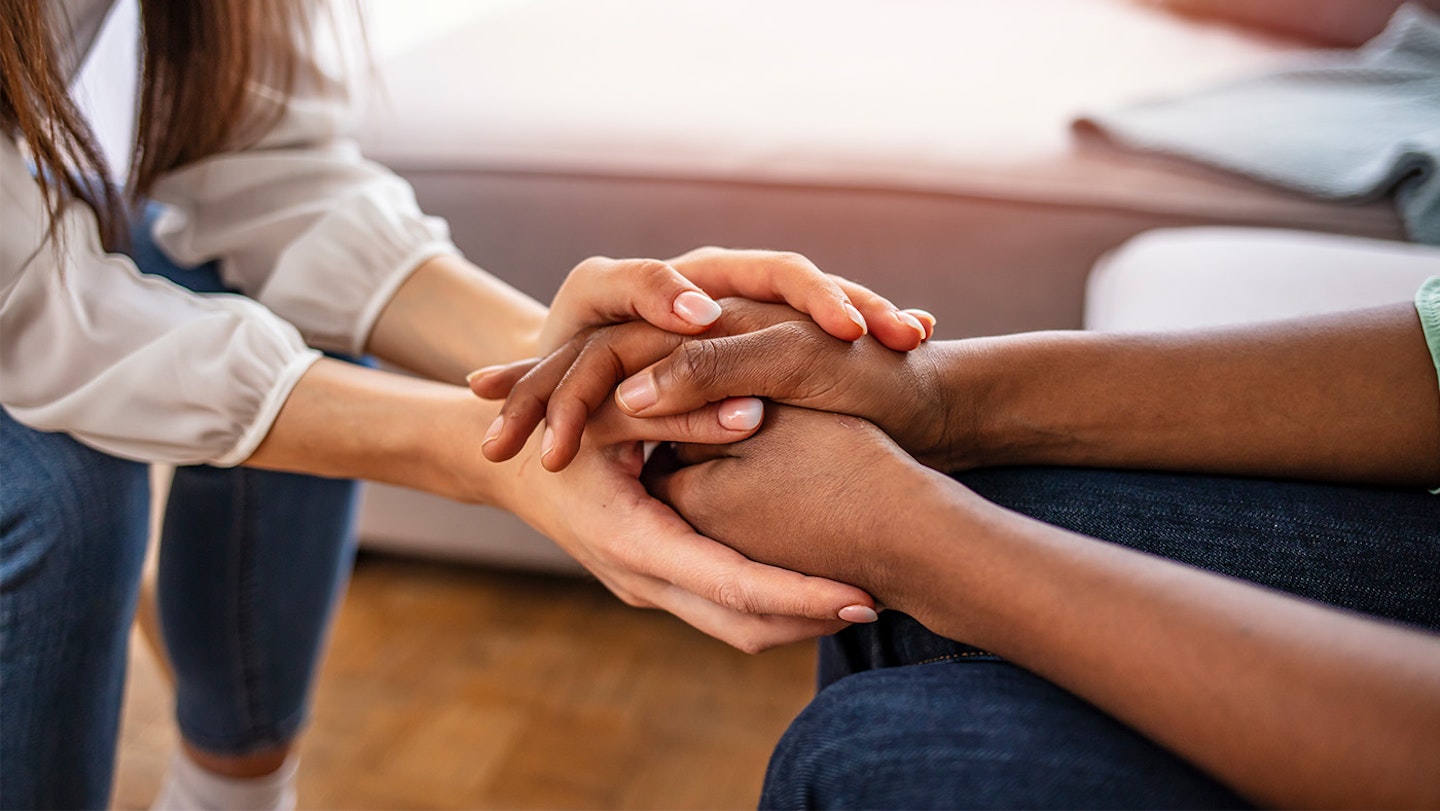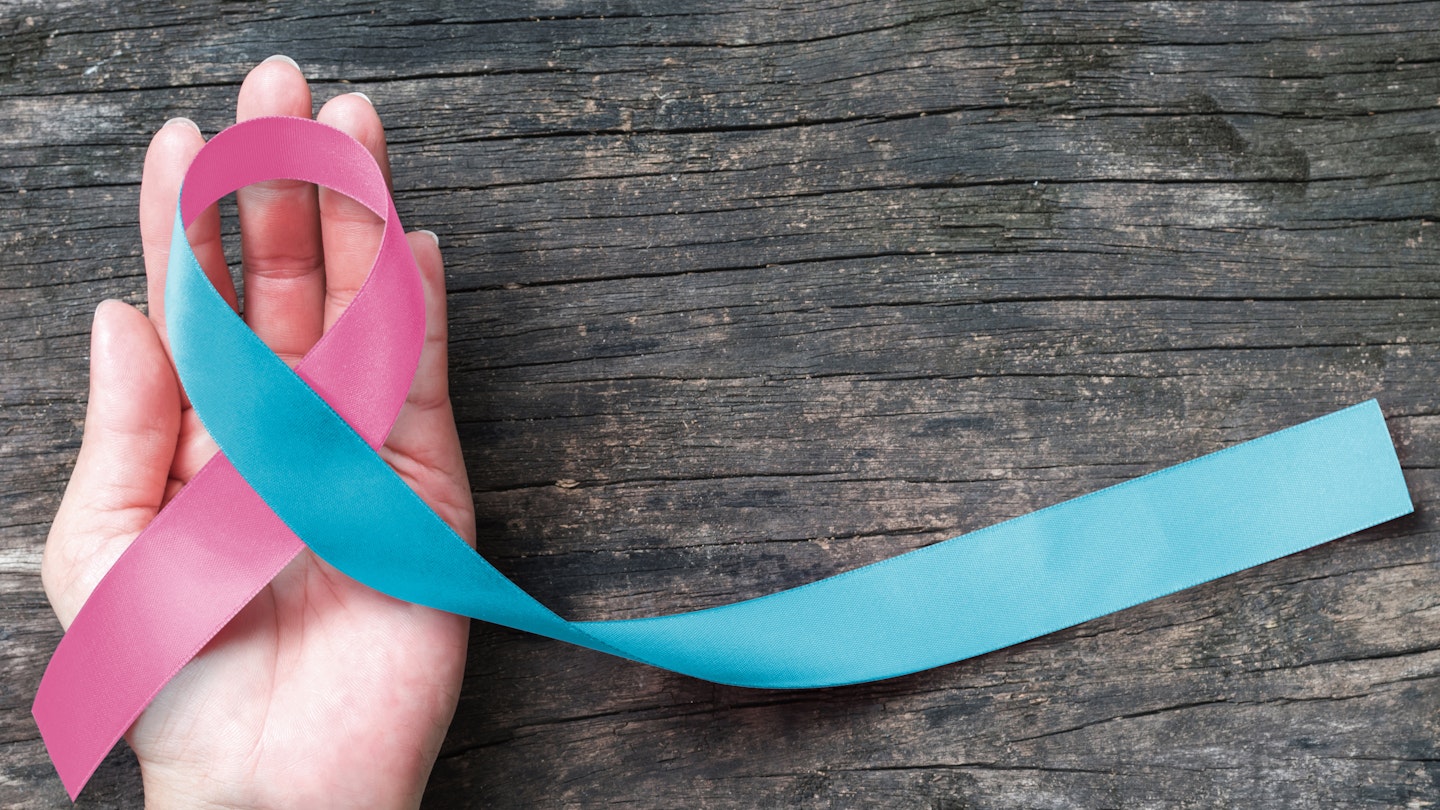Baby Loss Awareness Week is a chance for those affected by baby loss to come together, support one another, reflect on their experiences, and remember the babies lost.
Now in its 22nd year, Baby Loss Awareness Week 2024 is marked from 9-15th October in order to raise awareness about pregnancy loss and stillbirth. Throughout the week bereaved parents, family members and friends can commemorate the all-too-brief lives of babies they've lost, knowing that thousands of other families elsewhere in the world will be doing the same.
It's important for us to come together in support of those who have been affected by the loss of a baby to let them know they are not alone and that we're here to support them.
Baby Loss Awareness Week 2024
This year's theme for Baby Loss Awareness Week is 'Together, we care', and is about finding time to care for ourselves and others affected by pregnancy and baby loss. Sadly, baby loss is a reality for too many women, with 2,433 stillbirths in 2022, while around 15% of pregnancies end in miscarriage, so it's likely you'll know someone who's been affected by loss or have been affected by it yourself. There are many ways you can support a friend or family member and places you can seek help if you're grieving.

How to get involved with Baby Loss Awareness Week
Break the silence
Many women have openly spoken about their loss and how their journey has affected them. For them and all the other women worldwide, we want to rise up and talk about all walks of life and loss to support you.
Join the global #WaveOfLight
Every year, BLAW ends with the Wave of Light. Along with bereaved families across the world, light a candle at 7pm on 15 October in memory of every baby who has died. Post a photo of your candle to appear on your social feed along with the hashtag #WaveOfLight. You can purchase a dedicated Wave of Light candle where 100% of the profits go towards supporting Tommy's.
Take part in events
Whether you'd like to join people in person or take part in a virtual event, there are plenty of local events taking place, such as Wave of Light services. These events are across the country so hopefully there's one near you.
Some people also take the opportunity to share their experiences, photos of their little one, or of things they did to honour their memory such as miscarriage tattoos.

Support for baby loss
If you've experienced loss or someone you know is struggling, there are many resources and charities that can help families through their grief. You don't have to go through it alone.
Tommy's
Tommy's fund research into miscarriage, stillbirth and premature birth, and provide pregnancy health information to parents. They support parents to have the best possible pregnancy outcomes and to take home happy, healthy babies.
Sands
Sands offer support to those who have been affected by the loss of a baby for both families and professionals. You can call them on 0808 164 3332 or email them at helpline@sands.org.uk
Saying Goodbye
Saying Goodbye provides comprehensive information, advice, support and much more to anyone who has suffered the loss of a baby, at any stage of pregnancy, at birth or in infancy. You can call them on 0845 293 8027 or email support@sayinggoodbye.org
Miscarriage Association
If you’ve been affected by miscarriage, molar pregnancy or ectopic pregnancy, Miscarriage Association can provide the help and support you need. Call 01924 200799 or email info@miscarriageassociation.org.uk
Petals
Petals is a charity that works to provide specialist counselling for families who have been affected by baby loss. You can reach them on 0300 688 0068 or email counselling@petalscharity.org
Cruse Bereavement Support
Cruse offers counselling and support to people affected by grief, including after baby loss. You can call their helpline on 0808 808 1677.
What is the colour for Baby Loss Awareness?
As with many other awareness weeks and days, Baby Loss Awareness can be supported by wearing ribbons or clothes in particular colours. The colours for Baby Loss Awareness Week are Pink and Blue, and you can show your support by lighting up your house, workplace, garden or a landmark in pink and blue.
One mum's story
Viki Ferguson’s daughter, Megan was stillborn at 35 weeks in March 2014.
Viki said: "I feel that Baby Loss Awareness Week is just as important for people who haven't suffered a loss as for those of us who have.
Getting this message out, which is so much easier these days with social media, highlights issues that are taboo but it also educates people on how to treat and behave around those who have lost a baby.
Dedicating a whole week keeps it in the public eye and allows the bereaved, not just the parents, but the wider circle of family and friends to have an outlet. Grandparents, aunts, uncles, siblings, friends, and potential godparents have all lost a baby too, but they're not always noticed.
I find that a lot of my family and friends show support around the time of my daughter's birthday but the rest of the time, they try to avoid the subject for fear of upsetting us, but by supporting Baby Loss Awareness Week, we're showing that it's OK to speak about it and acknowledge it.
Our little angels are in our thoughts 24 hours a day, 365 days a year. There's not a day that goes by that I don't think about her, but having this week dedicated to highlighting risks, what to look out for, possible prevention and research are so important for those around us. And for it to culminate in the Wave of Light is a way to remember all of our angels."
Emily Gilbert is the Features & Reviews Editor for Mother&Baby and has written for the website and previously the magazine for six years. Specialising in product reviews, Emily is the first to know about all the exciting new releases in the parenting industry.
